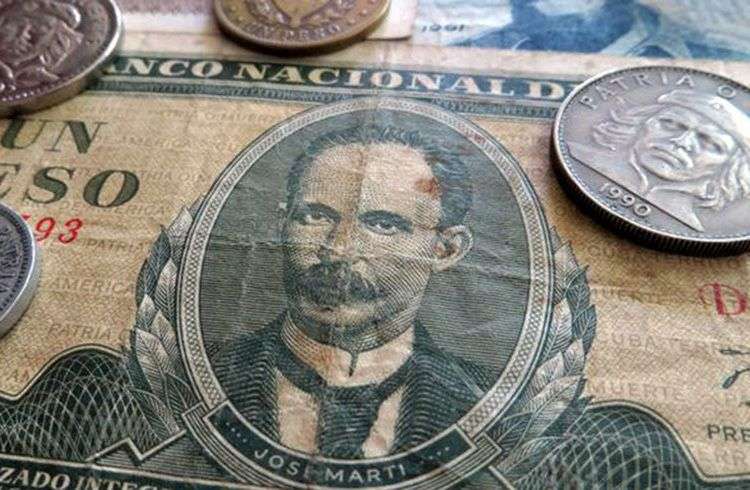The average salary in Cuba amounted to 471 Cuban pesos during 2013. At current exchange rate, that translates into 18.84 dollars. The number remains in slight growth trend of the national average wage, calculated by the National Bureau of Statistics and Information (ONEI) and published in an annual report.
However, the official report mentions only earnings in Cuban pesos of workers in companies or budgeted entities. OnCuba found in September 2013 that extra payments in convertible pesos are not included in this calculation, an absence that limits the measurements of the avarage wage.
The real average wage in Cuba would be an economic figure clarified after elimination of the dual currency.
The statistical calculation does not include the self-employed sector, which gathers 6 percent of the labor force of the country where the wages, as a rule, are higher than in the state sector.
The Cuban state compensates for low wages by large subsidies on electricity, food and other services. In 2011, the Deputy Prime Minister Marino Murillo said the government sells a year, through the “rationed family basket” goods worth a billion dollars, but only collected 126 million, due to subsidized prices.
In June 2014, Murillo himself also commented that the average Cuban family pays 36 Cuban pesos a month for electricity, when it costs the state produce 220 Cuban pesos.
Removal of subsidies and increasing wages are inevitably two gears connected to the updating of the Cuban economic model.
Not a penny more
“To each according to his ability, to each according to his work” is a socialist principle embodied in the Constitution of 1976, as part of the distributive ideal that the system prevailing in Cuba since the early sixties preaches.
But in the economy of “to each according to his work, to each according to his mischief,” as the song of the popular duo Buena Fe goes, the wage issue is of national debate, even after the raise 6 percent workforce of the Island received
The 440,000 employees of the Public Health represent a number similar to the self-employed. But the number of private entrepreneurs has spent years turning at that point, while the ranks of the medical services workers gradually increase. In medical schools more than 37,000 young people are studying and in a few years would be doctors.
Cuban President Raul Castro explained that wages would not rise without a backup in goods and services, in the face of the threat of an inflationary spiral accompanied by an increase in the foreign debt. Castro doesn’t predict an economic disaster. Rather, he tries to avoid second time an experience that he handled when he took office.
“In 2005 a wage reform was applied to adjust salaries according to qualifications, degrees and skills of workers who depend on the state budget, especially in the sectors of health and education. Shortly after an increase of pensions (…) In addition, the minimum wage was increased from 100 to 225 pesos “wrote in 2008 Cuban economist Omar Everleny.
“These measures contributed to alleviate the economic situation of a large part of employees whose salary depends on the budget, as well as retirees or pensioners,” he added.
Beyond the benefits Everleny noted that “increasing the money supply without adequate production response and increased imports of consumer goods has caused a new rise in prices, evidenced in the rate of inflation in recent years”.
Then, the specialist offered two solutions for the purchasing power of the Cuban worker: “To increase real wages we need a larger product offerings in pesos-the currency in which wages are paid-or a revaluation of the currency to approach it to the convertible peso. “The destinations are located, but, apparently, the routes are not yet drawn….










